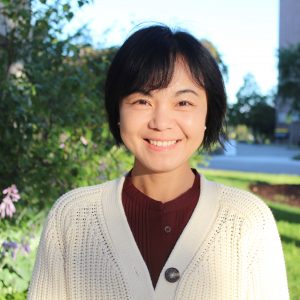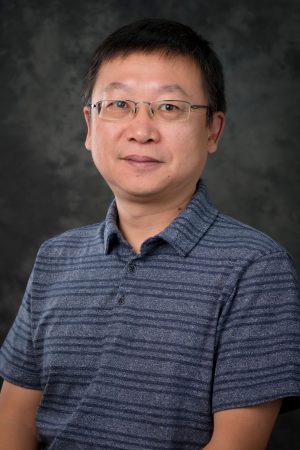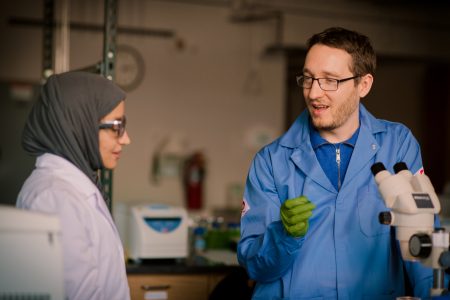Yan Zhang is the principal investigator on a project that has received a $469,500 research and development grant from the National Institutes of Health.
The project titled “High urinary phosphate induces TLR4-mediated inflammation and cystogenesis in polycystic kidney disease” is a potential two-year project.
Autosomal dominant polycystic kidney disease (ADPKD) is the most common, potentially lethal genetic disorder characterized by the progressive enlargement of numerous fluid-filled cysts and the development of interstitial inflammation and fibrosis. ADPKD is caused by the mutation of PKD1 or PKD2 gene. Approximately 50% of patients progress to end-stage renal disease by middle age and require dialysis or renal transplantation. Currently, treatment options for ADPKD patients are limited; thus, the development of new effective therapies is urgent. Dr. Zhang’s research lab investigates the role of innate immunity in the pathological microenvironment of ADPKD and the potential therapeutic effects of manipulating innate immunity. Dr. Zhang’s lab shows interest in determining the function of polycystin-1 encoded by PKD1.
Congratulations Dr. Yan Zhang!
About the Biological Sciences Department
Biological scientists at Michigan Technological University help students apply academic concepts to real-world issues: improving healthcare, conserving biodiversity, advancing agriculture, and unlocking the secrets of evolution and genetics. The Biological Sciences Department offers seven undergraduate degrees and three graduate degrees. Supercharge your biology skills to meet the demands of a technology-driven society at a flagship public research university powered by science, technology, engineering, and math. Graduate with the theoretical knowledge and practical experience needed to solve real-world problems and succeed in academia, research, and tomorrow’s high-tech business landscape.
Questions? Contact us at biology@mtu.edu. Follow us on Facebook and Instagram for the latest happenings.


